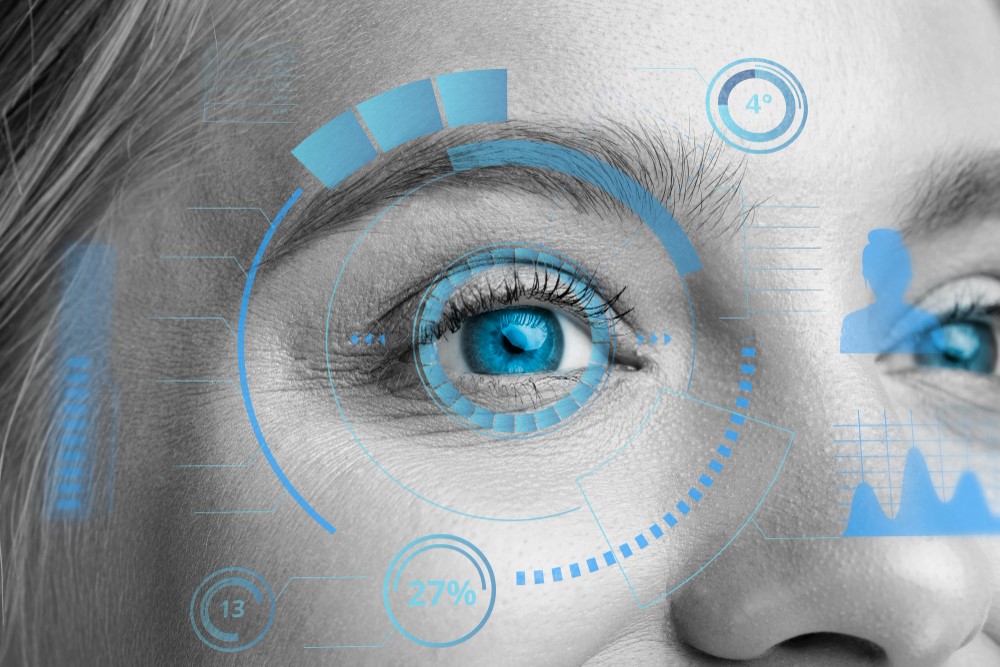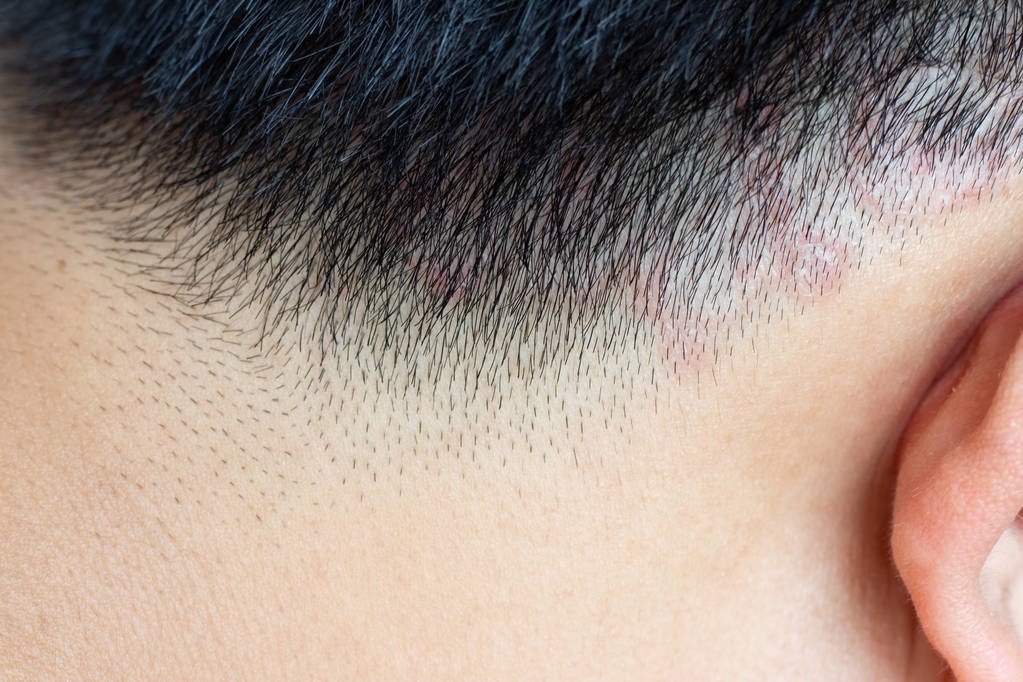April 16, 2024

In the dynamic landscape of healthcare, the integration of Artificial Intelligence (AI) technology has revolutionized diagnostic processes, particularly in dermatology. While AI holds immense promise in accurately detecting and diagnosing skin diseases, it also brings to the forefront critical considerations regarding patient privacy and ethical use of technology. In this article, we delve into the intricacies of navigating privacy and ethics in AI-powered skin disease detection.

Protecting Patient Privacy:
Central to the adoption of AI in healthcare is the safeguarding of patient privacy and confidentiality. Skin disease diagnosis often involves the analysis of personal medical images, raising concerns about data security and unauthorized access. To address these challenges, stringent measures are implemented to ensure the protection of patient data:
1. Secure Data Handling: Healthcare providers and AI developers adhere to robust data security protocols to safeguard sensitive patient information. This includes encryption, access controls, and secure transmission of data.
2. Anonymization and De-identification: Personal identifiers are removed or anonymized from patient data to minimize the risk of re-identification. AI algorithms analyze de-identified images, ensuring patient anonymity while preserving diagnostic accuracy.
3. Compliance with Regulations: Healthcare organizations adhere to regulatory frameworks such as the Health Insurance Portability and Accountability Act (HIPAA) in the United States or the General Data Protection Regulation (GDPR) in the European Union to ensure compliance with data privacy laws.

Ethical Considerations in AI Utilization:
Beyond privacy concerns, the ethical use of AI in dermatology warrants careful consideration. As AI algorithms increasingly influence clinical decision-making, it's imperative to address ethical implications:
1. Algorithm Bias: AI algorithms are trained on datasets that may inadvertently reflect biases present in healthcare systems. To mitigate algorithmic bias, ongoing evaluation and refinement of AI models are essential, ensuring equitable outcomes across diverse patient populations.
2. Transparency and Explainability: Patients and healthcare providers require transparency regarding the functioning of AI algorithms. Developers strive to enhance the explainability of AI systems, enabling users to understand the rationale behind diagnostic recommendations and fostering trust in AI technology.
3. Informed Consent: Patients have the right to understand how their data is utilized for AI-driven diagnostic purposes. Informed consent processes should clearly communicate the implications of AI-based diagnosis, empowering patients to make informed decisions regarding their healthcare.
4. Clinician Oversight: While AI aids in diagnosis, it does not replace the expertise of healthcare providers. Clinicians maintain ultimate responsibility for patient care, exercising clinical judgment in conjunction with AI recommendations.
Striking a Balance:
As the healthcare landscape continues to evolve, striking a balance between technological innovation and ethical principles is paramount. Collaboration among healthcare professionals, AI developers, policymakers, and patients is essential to ensure the responsible and ethical deployment of AI in skin disease detection.

Looking Ahead:
Despite the challenges, AI holds immense potential to improve patient outcomes and enhance the delivery of dermatological care. By prioritizing patient privacy, addressing ethical considerations, and fostering transparency and collaboration, we can harness the full benefits of AI technology in dermatology while upholding ethical standards and patient welfare.
In conclusion, the integration of AI in skin disease detection presents both opportunities and challenges. By navigating privacy and ethics with diligence and integrity, we can harness the transformative power of AI to advance dermatological care while safeguarding patient rights and ethical principles.
Related blog posts

Dermatology
The Growing Role of AI in Healthcare
Artificial Intelligence (AI) has become an integral part of modern life, with its influence growing rapidly, especially in healthcare.

Dermatology
Understanding Psoriasis: Causes, Symptoms, and Treatment Options
Psoriasis is a chronic autoimmune skin condition that affects millions of people worldwide.

Dermatology
What is scalp ringworm?
Scalp ringworm is a fairly common skin condition. Let’s learn about scalp ringworm and how to treat it.